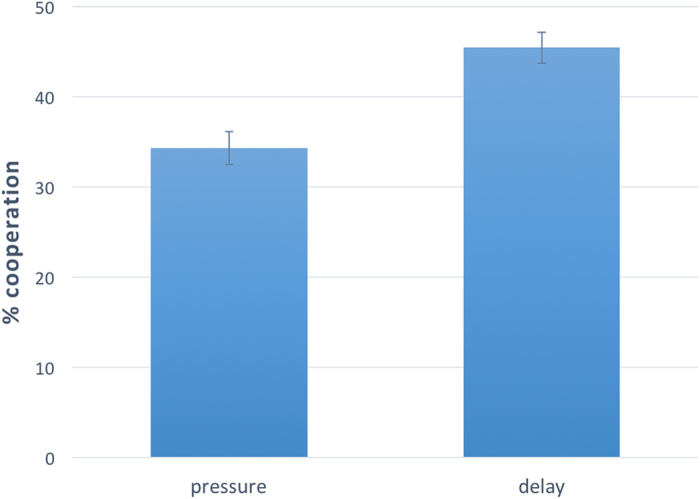Figure 1. Extreme time pressure favors selfish behavior on the whole sample.

Results of Study 1 (N = 837). Subjects forced to make an extremely quick choice are significantly more selfish than those forced to stop and think about their choice. Linear regression predicting “cooperation” as a function of a dummy variable, named “pressure”, taking value 1 if the subject participated in the time pressure condition, and 0 if the subject participated in the time delay condition, confirms the presence of a significant and negative effect of “pressure” on “cooperation” with (F(4,831) = 8.254, coeff = −0.110, p < 0.0001, r2 = 0.039) and without (F(1,835) = 19.502, coeff = −0.111, p < 0.0001, r2 = 0.023) control on sex, age, and level of education. Error bars represent the standard error of the mean.
